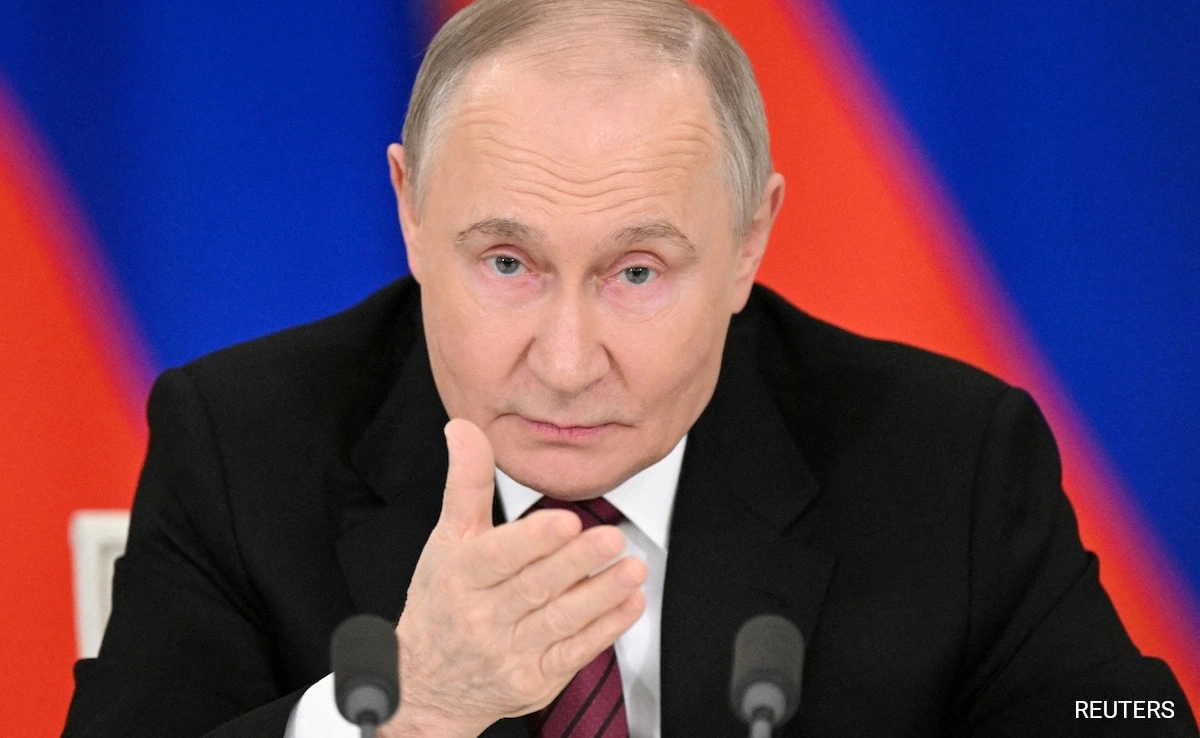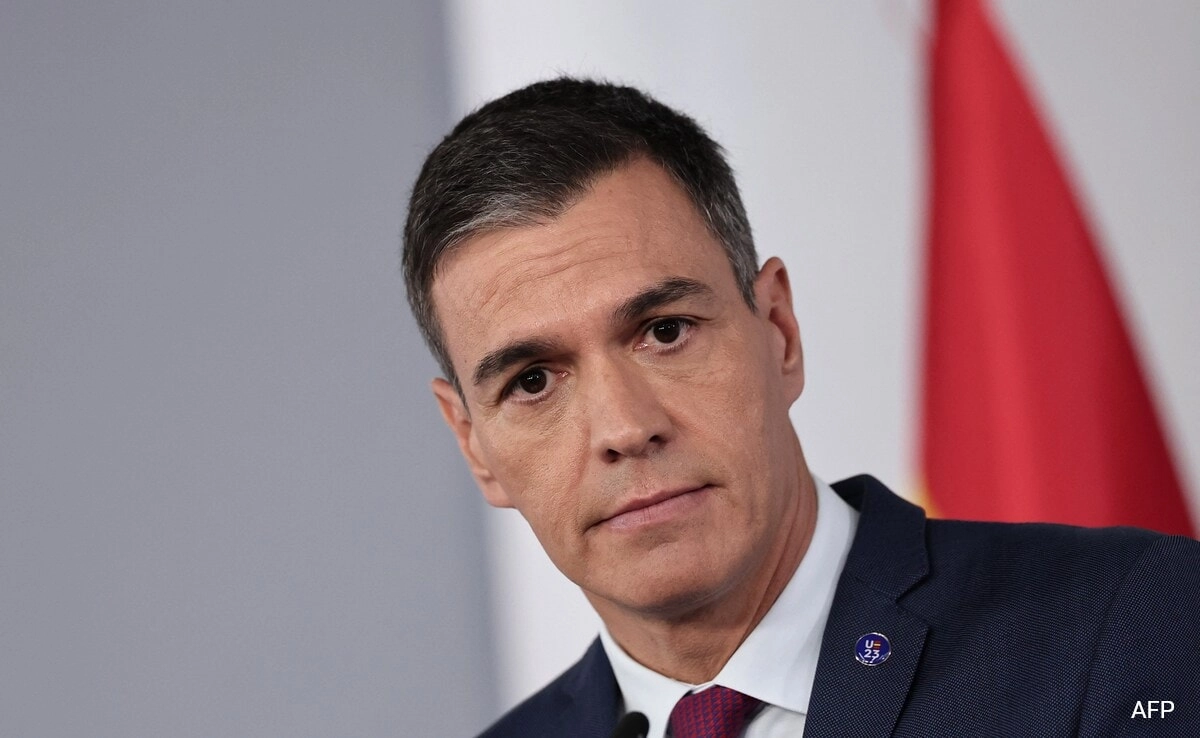In the context of the ongoing conflict with Ukraine, the Russian government has asserted that wartime censorship is a necessary measure to maintain national security and public order. Officials argue that the dissemination of information can significantly impact the morale of both the military and civilian populations, especially in times of war. This rationale has led to the implementation of strict regulations governing media coverage and public discourse regarding the conflict. The Kremlin claims that controlling the narrative is vital to countering what it perceives as misinformation and propaganda from foreign sources that could undermine Russia’s objectives.
Critics of the Russian government’s stance on censorship argue that such measures stifle freedom of expression and limit the ability of journalists to report on the realities of the war. By restricting access to information, the government can manipulate public perception and suppress dissenting voices. Many believe that this approach not only hinders the independent media but also prevents citizens from understanding the full scope of the conflict, including its implications for national and international stability. Human rights organizations have raised concerns about the impact of these censorship laws on civil liberties, highlighting the risks of creating an environment where fear and misinformation dominate.
As the conflict continues, the balance between national security and freedom of the press remains a contentious issue. While the Russian government maintains that its actions are necessary for the protection of the state, the long-term consequences of such censorship could be profound. In an age where information flows rapidly across borders, attempts to control narratives may lead to increased skepticism and distrust among the populace. Ultimately, the effectiveness of these measures in achieving the government’s objectives remains to be seen, as the repercussions of censorship can extend beyond immediate wartime considerations, affecting the broader landscape of democracy and public discourse in Russia.




